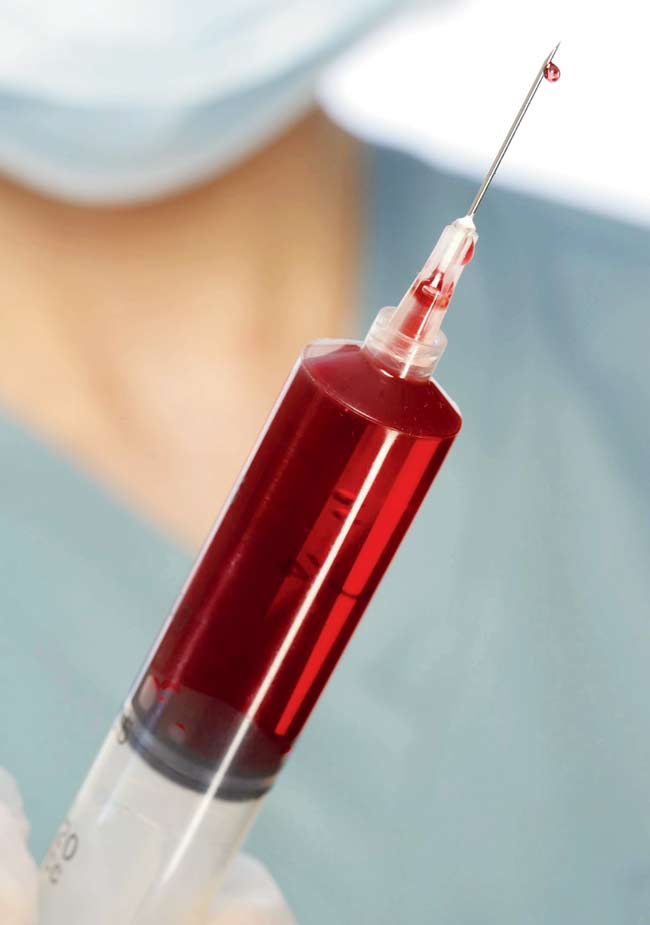State Blood Transfusion Council warns blood banks of strict action if they are found forcing patients to look for replacement blood donors

Blood bank
The State Blood Transfusion Council (SBTC) has finally woken up to the issue of patients’ relatives being forced to look for replacement donors by private blood banks across the city. In a circular which was recently issued to blood banks across the city (a copy is with midday), the SBTC has announced the implementation of the National Blood Policy, which clearly states that forcing hapless relatives to look for replacement blood donors is a gross violation of the policy.
ADVERTISEMENT

Periodic inspections will be carried out by the district blood transfusion officer attached to the government blood bank
As per the National Blood Policy, the practice of replacement donors was to be gradually phased out to have a voluntary non-remunerated blood donation programme in place. Despite that, however, the SBTC received several complaints from patients through various NGOs, stating that they were forced to hunt for blood donors when they were told to undergo blood transfusions.
The policy, which was put forward by the National AIDS Control Organisation (NACO) in 2002, also states that the State Transfusion Councils should ensure that the phasing out of replacement donors takes place after having a good network of regional banks in place.
In its circular, the SBTC has warned blood banks that strict action will be taken against them if they are found guilty of violating this rule. “The district blood transfusion officer attached to the government blood bank will carry out periodic inspections and report to the SBTC,” an official from the SBTC said.
The circular further warns that the erring bank’s No Objection Certificate (NOC) — mandatory for the renewal of the bank’s licence — will be either suspended or cancelled. The implementation of the National Blood Policy took place on June 3. Despite repeated attempts, Dr Sanjay Jadhav, director of the SBTC, remained unavailable for comment.
The policy further states that hospitals in a particular area (for example, south Mumbai) should co-ordinate with each other as and when the need for a particular blood group crops up.
 Subscribe today by clicking the link and stay updated with the latest news!" Click here!
Subscribe today by clicking the link and stay updated with the latest news!" Click here!






